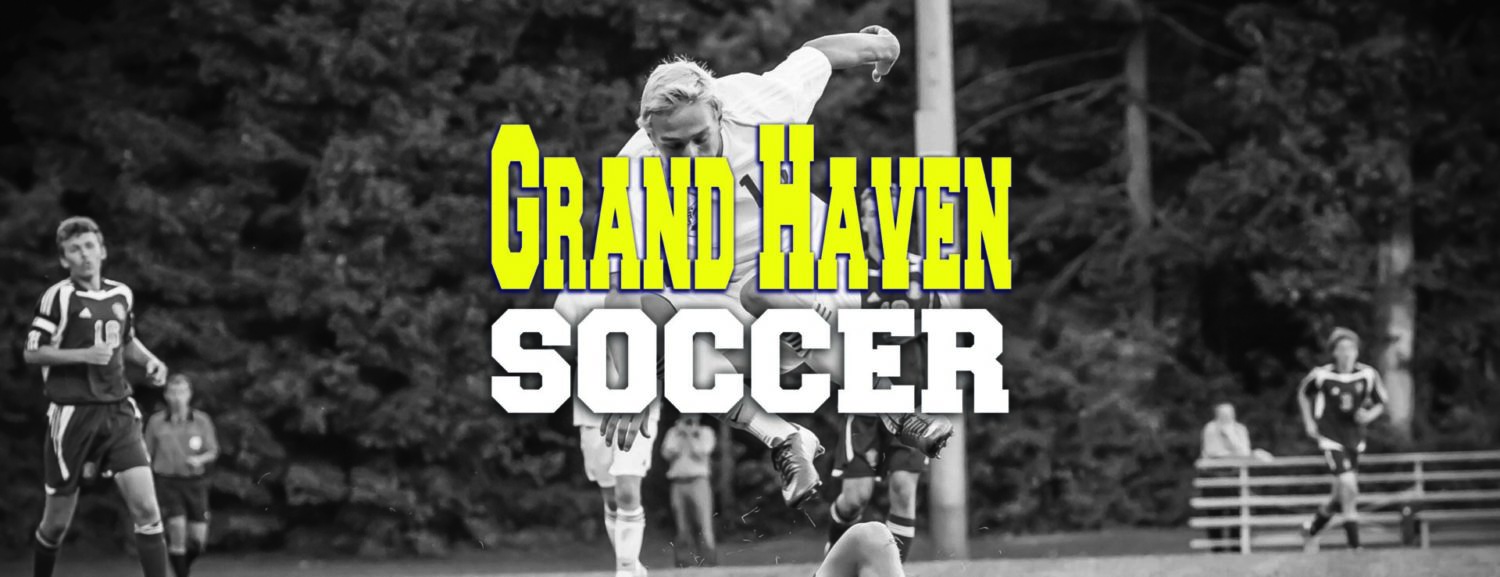By Steve Gunn
Local Sports Journal
I’ve been listening to them whine in Muskegon bars since 2006.
And we’ve all heard them bloviate on sports talk radio shows across the state.
They are Tiger fans, they claim, but they hate Jim Leyland.
They love nothing more than sitting in front of a television, night after night through the spring and summer, complaining about lineups, pitching changes, roster moves and every Tiger losing streak that goes beyond two games.
And they place all of the blame on Leyland.
There’s probably nothing anyone can say to change their minds at this point. They’re all convinced they could do a better job of managing the Tigers from the comfort of their recliners or bar stools. I suppose some fans just naturally turn against managers and coaches who have been around for more than a few years.
Familiarity apparently breeds contempt, particularly in the competitive sports world.
But one might expect at least a few of the critics to give credit where credit is due. On Wednesday Leyland accomplished what no modern Tiger manager has managed to accomplish – three straight division titles. He’s also managed to get the team into the playoffs in five out of his eight seasons, with two appearances in the World Series and three berths in the American League championship series.
Add in his accomplishments before coming to Detroit – three division championships with Pittsburgh and a world championship with Florida – and you’re probably looking at a future Hall of Fame manager.
Fans who hate Leyland tend to focus on the moves he makes on the field. I admit there are times when I don’t understand the logic of his batting orders or why he sometimes leaves pitchers in the game so long.
But field strategy isn’t everything when it comes to managing a Major League baseball team.
Leyland’s biggest strength is commanding the respect of veteran players – particularly superstars – and running a tight, peaceful clubhouse. The players respect him and want to work for him. His presence is a big reason why so many high quality free agents have come to Detroit in recent years.
A happy clubhouse is a big key for any Major League team. That’s because, unlike other athletes, they play almost every day for six full months (even longer if you count spring training). That means the players are together constantly – in the clubhouse, on the plane, in the dugouts and bullpens, and at the hotels. That much familiarity often breeds contempt, particularly between highly paid athletes with huge egos.
But somehow all these guys end up loving Leyland, and he manages to keep the clubhouse peaceful and free of serious confrontations or issues.
That skill is at least as important for a baseball manager as choosing the right time to pull a pitcher or send a runner.
Anyone who doesn’t get that lacks a full understanding of the baseball business.
Say what you want about Leyland, but I would bet the farm that if he resigned as manager of the Tigers at the end of the season, his phone would ring off the hook with offers from other teams, regardless of his advancing age.
I’m sure there will come a time when most Tiger fans will come to appreciate Leyland and the golden era he helped bring to Detroit. But that will only happen after he’s gone and the Tigers slide back into mediocrity.
We never fully appreciate the good things we have until they’re gone.






